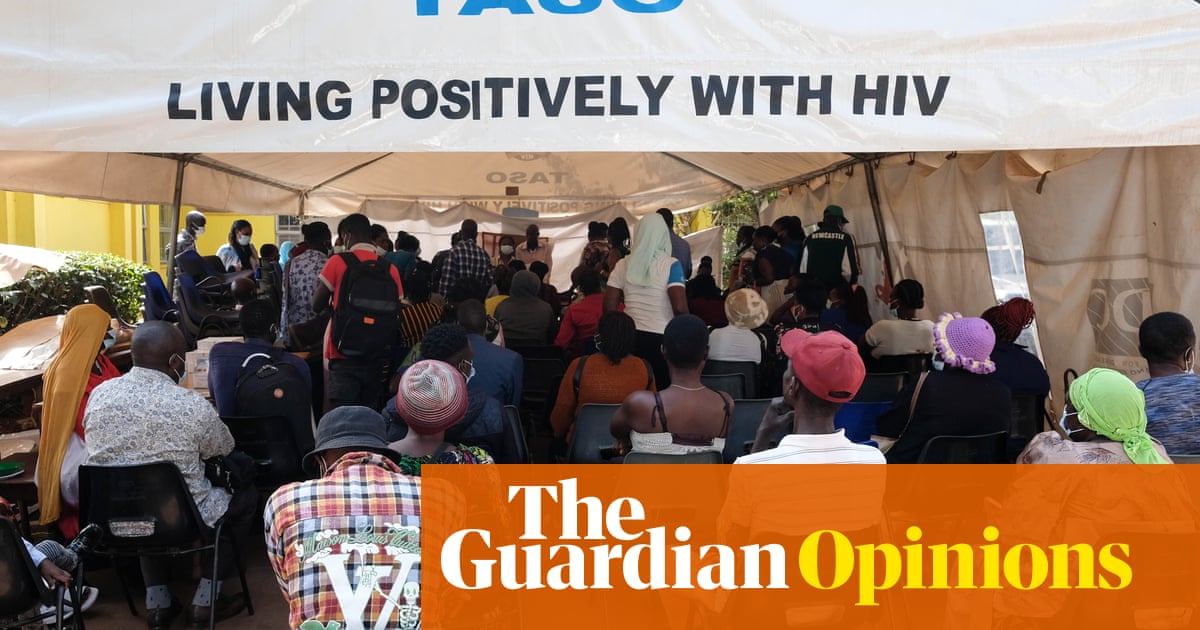
"Countries globally are slashing aid budgets, challenging the longstanding belief that supporting health and development must be a priority for both moral and strategic reasons."
"Low- and middle-income countries are overwhelmed by debt, paying exorbitant interest rates compared to wealthy nations, crippling their ability to respond to crises."
"Developing nations experience a significant financial outflow, losing billions to illicit financial flows due to corporate practices while simultaneously struggling to fund essential services."
"The withdrawal from a flawed but effective aid system threatens the livelihoods of millions who depend on support for survival, especially amidst shifting political dynamics."
Countries worldwide are reducing their aid budgets, undermining the established belief that supporting health and development is a moral obligation. Low- and middle-income nations are especially hard-hit, facing crippling debts and high-interest rates following global crises like the Ukraine invasion. Many developing countries allocate more to debt repayment than healthcare. Although generous aid from wealthy nations has helped save lives, the withdrawal from aid systems poses significant risks, making them vulnerable to political fluctuations and financial instability. Efforts from organizations like UNAids for transitioning to local ownership of health responses are hindered by fiscal limitations.
Read at www.theguardian.com
Unable to calculate read time
Collection
[
|
...
]